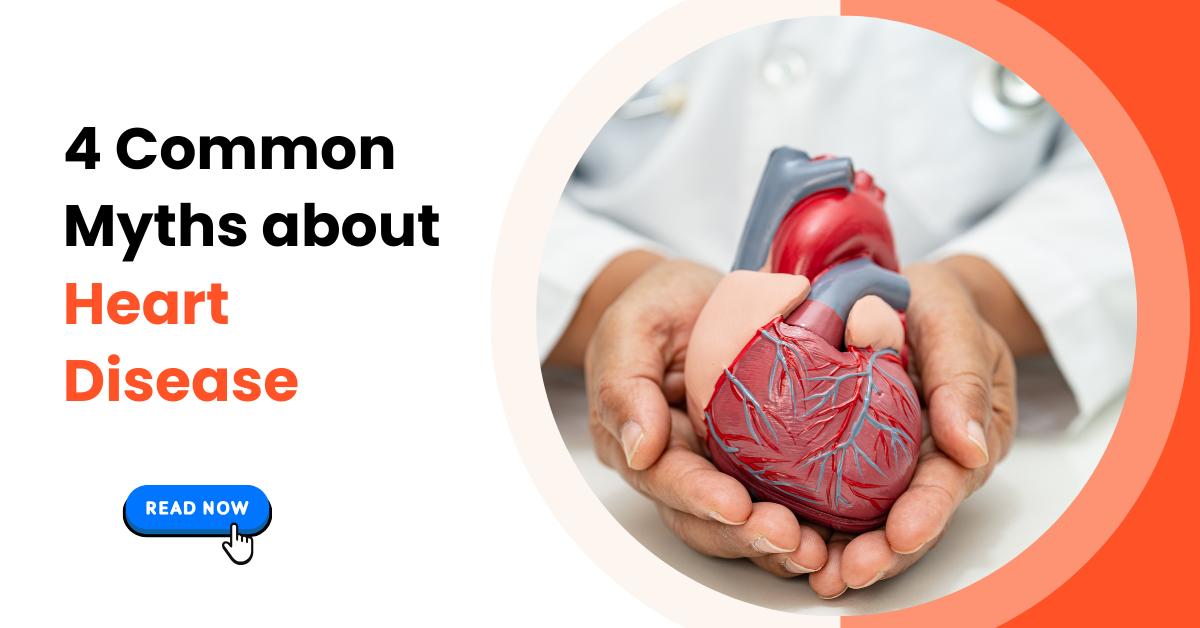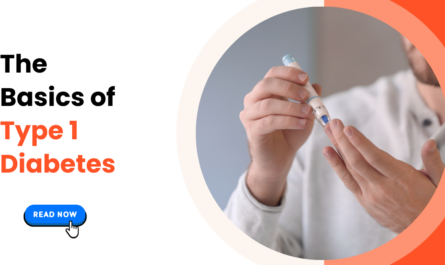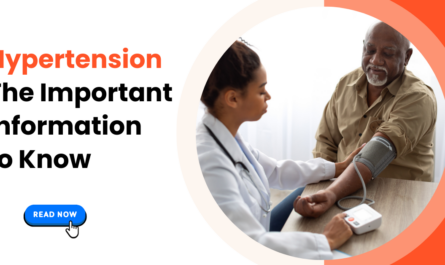The heart is a four-chambered organ which pumps deoxygenated blood to the lungs for oxygenation and then pumps the oxygen-rich blood back to the whole body. Any problems in the structure of the heart can affect its functioning. Most heart condition affect the cardiac muscles, the blood vessels, the electrical conduction system, and the valves of the heart.

Myth 1: Chest pain or discomfort in the chest is the only symptom of a heart attack.
Fact: Chest pain is a major symptom of a heart attack, but it is not the only symptom. Also, all chest pains do not indicate a heart attack. In addition to chest pain, pain or discomfort in your neck, back, jaw, and light-headed or short breath can indicate an impending heart attack.
Myth 2: Nothing can be done to improve my heart’s health, as I have a family history of heart disease.
Fact: Everyone believes that family history can increase the risk of heart disease and nothing can be done to cure it. But, the fact is that you can do many things to reduce your risk, in spite of having a family history. Exercising moderately, eating a healthy diet, and maintaining a healthy weight can help your heart to be healthier even though you are at risk.
Myth 3: My heart beat stops when my heart fails.
Fact: Many believe that the heart stops in the case of heart failure. The fact is that the heart beat stops only when there is a cardiac arrest. When you are diagnosed with heart failure, it means that your heart is not functioning the way it is supposed to and is having trouble pumping the blood. When the blood is not transported through your body effectively due to heart disease, then you may feel shortness of breath, swelling in your ankle or feet, and difficulty sleeping.
Myth 4: My heart is beating fast and I may get a heart attack.
Fact: When there is an increase in the heart rate, it does not mean that you may get a heart attack. Your heart beats increases with moderate exercise or even after walking briskly for few minutes.



